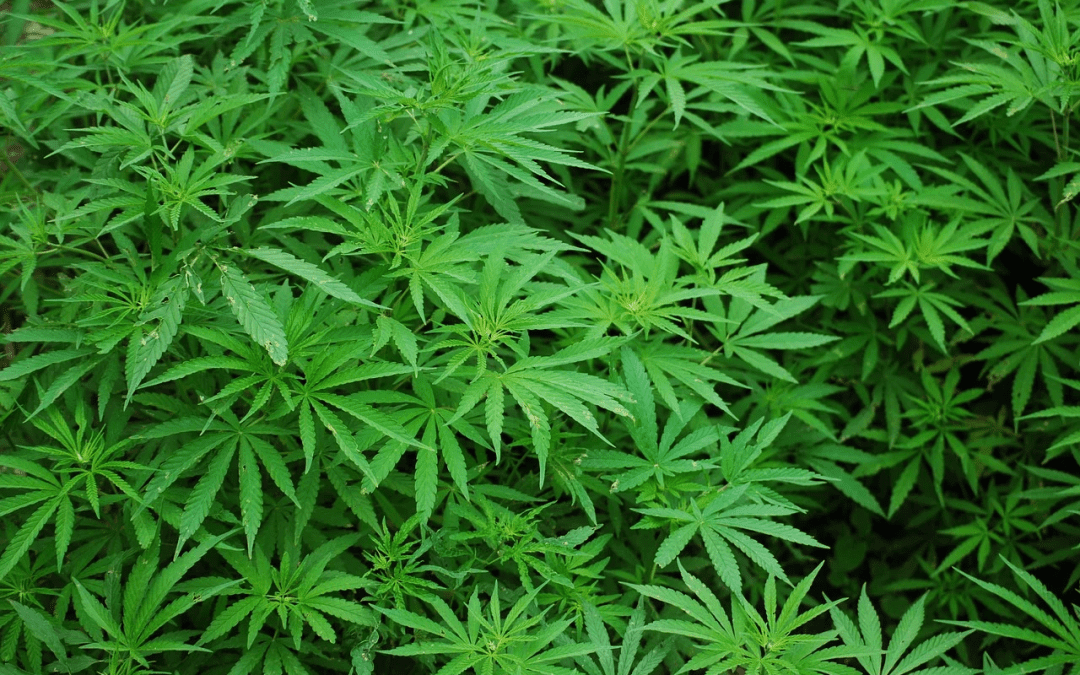A couple of years ago the world began legalizing recreational cannabis, bringing it into the cosmetic industry. Since then, it has been reported that the cosmetic CBD market has a net worth of 710 million US dollars and is projected to have a net worth of 959 million US dollars by 2024. These cannabis cosmetic products are rich in cannabidol (CBD), but low in THC, the part of the plant known to cause the ‘high’ that cannabis is known for. Cosmetic products containing cannabis derivatives vary from face creams and mascaras to lipsticks and lip balms.
During this time of increased cannabis cosmetic products, there have been many changes to regulatory protocols internationally, which we have previously reported on. The original varying regulatory protocols made the market for cannabis containing cosmetics more accessible for independent manufacturers rather than international cosmetic manufacturers. However, as regulations have become more solid and clear throughout the years, both independent and international companies entered the cannabis cosmetic market.
A recent example of an international company entering the cannabis cosmetic market is Colgate with their new Hello Products. This line of products includes oral care and lip balms containing CBD. The oral care line comprises of mouthwashes and toothpastes both with and without fluoride. Avon has also recently released a CBD line of topical creams in their new distillery collection. These creams have been advertised to promote hydrated and healthier looking skin. Some international companies not only had to overcome complicated regulations, but complications in formulations. For example, earlier this year Gelest created a new CBD isolate that was compatible with their silicone-based products.
Despite the extreme success, there are still some gaps in our knowledge regarding CBD in oil drops, foods, cosmetics, topical lotions, and creams. The US FDA continues to research the effects of cumulative use, co-administration with other drugs, and impacts on vulnerable populations such as children and pregnant women. Overall, the FDA suggests consulting with a medical physician before beginning to use any cannabis products. There is also research outside of the government, such as the research at the University of Mississippi. There, scientists are exploring various levels of CBD and THC
in cosmetic products and their dermal penetration. In the end, the cannabis cosmetic market is will continue to gain momentum and the research behind it is advancing to support it.
For more information, please contact Focal Point Research Inc. We are leading North American Regulatory and New Product Consultants for Medical Devices, Natural Health Products, OTC Drugs, Cosmetics, and other consumer products regulated by Health Canada and the U.S. FDA
Emily Campbell


Recent Comments